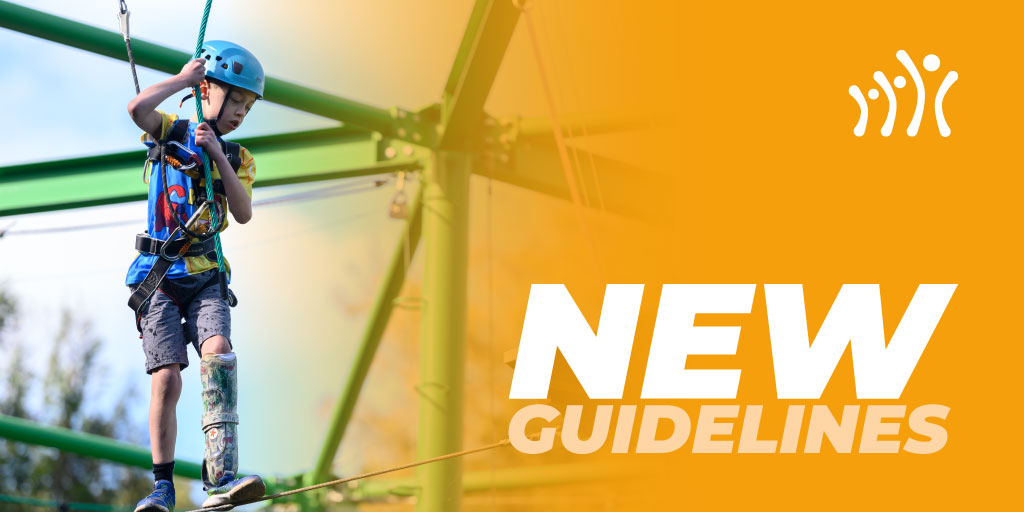Disabled children will now have increased support to be physically active, with new guidelines co-produced by the disabled community. The aim of the guidelines is to improve levels of fitness amongst disabled people. Providing a target level of exercise that can help disabled children and young people live happier, healthier lives.
Co-produced by disabled children and their families, the guidelines are underpinned by research from Durham University, University of Bristol, and Disabilities Rights UK. The research will also be available in an easily accessible infographic. The infographic offers a range of advice to help disabled people and their families meet the guidelines.
Children and young people will be offered new options to help meet the 120 minutes – 180 minutes of aerobic activity per week. Activities can include a combination of cycling, walking, and any modified sports such as basketball and football. Any mix of physical activity or split into manageable trunks can help reach the target.
The guidelines come as statistics show that disabled children are less likely to be as active as their non-disabled peers. As they grow older, this can lead to prolonged health issues. Research shows that moderate-to-vigorous physical activity done regularly can have real positive impacts on their mental and physical health.
First Step Training courses are geared towards giving sports professionals the capacity to produce inclusive and comprehensive coaching sessions. Focussed on keeping participant development at the centre of sessions, we have designed our courses to give you the tools you need to adapt to changes in the sector.
Whether you’re planning to work in a school, community, or sports environment, let us help you deliver sessions with confidence.
Contact the team now for more information.










